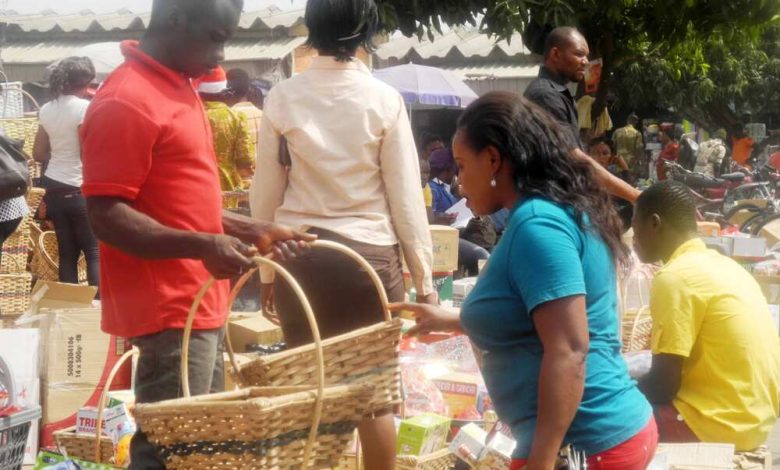
Christmas anticipated joy and festivity in Nigeria have been notably subdued this year, overshadowed by an overwhelming wave of economic challenges and a scarcity of the national currency, the Naira.
As prices soar and cash becomes increasingly scarce, many Nigerians find themselves unable to partake in the traditional celebrations due to financial constraints.
Starting the year at 21.82%, inflation has surged to a staggering 28.2% by November, intensifying the financial strain on citizens.
The rapid escalation in the cost of goods and services has significantly eroded people’s purchasing power, making extravagant spending for the holidays impossible for many.
A visit to banking halls on the eve of Christmas revealed a distressing scene: banks struggling to dispense cash, limiting withdrawals to a maximum of N20,000 or less. ATMs, too, were largely dry, compounding the difficulties faced by Nigerians trying to access funds for essential purchases and celebrations.
The plight of individuals attempting to buy necessities for the festive season paints a grim picture. Some shoppers lamented the inability to afford new clothes or traditional holiday delicacies due to exorbitant prices.
The cost of goods, particularly food items like chicken, beef, groundnut oil, and rice, has soared dramatically, amplifying households’ challenges.
A shopper at the Balogun Market on Lagos Island said: “Everything is so expensive and even when you want to struggle and buy, the traders are refusing to accept bank transfers.
“I have been going from ATM to ATM to get cash but I cant get enough to pay for what I want to buy. I also cannot afford to pay the high charges that POS operators are charging. It is looking like I will go back home.”
A retired teacher and a septuagenarian, Mrs Salako said she had to beg the bank manager that she needed to buy foodstuff before she could get N5,000 cash, which she said was paid in dirty N100 notes.
“It is still better than paying money to collect my money and not having cash at all” she told Leadership newspaper.
The widespread impact of the economic hardship has prompted innovative coping mechanisms, such as turning to markets offering used or second-hand goods as more affordable alternatives.
Beyond the constraints of limited cash and inflated prices, citizens expressed frustration with the scarcity of Naira, which has disrupted daily transactions and added further complexity to an already challenging situation.
